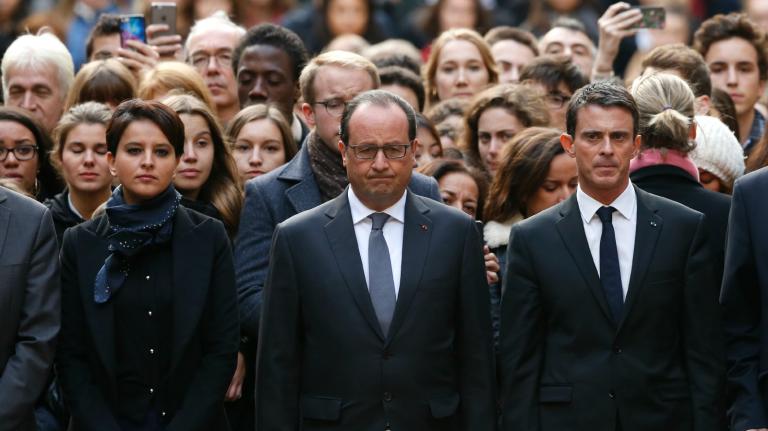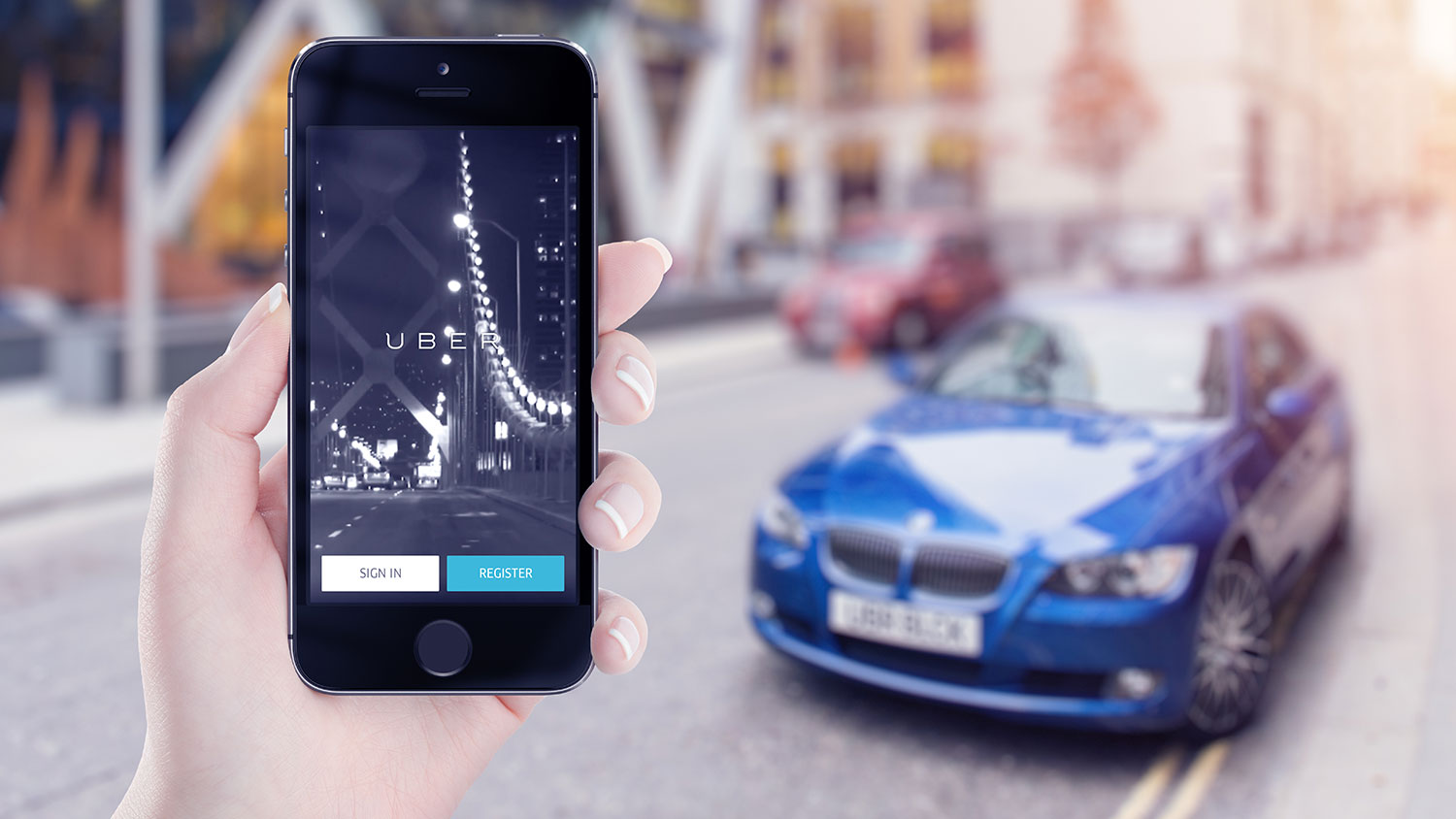Is Uber better for the planet, or worse? Hard to tell.
At this point a few years into the “ride-sharing” boom, we don’t really know if services like Uber and Lyft encourage more cars on the road or fewer. It’s not like you’re actually sharing those rides after all, except for in rare occasions and in the few cities that offer carpooling services. On the surface, it would seem like Uber and Lyft would lead to an increase in driving — they have an entire industry based on putting cars on the road, after all — but does the availability of these services make people to decide to ditch their own cars altogether? Maybe.
That’s the question scientists at the Natural Resources Defense Council and the UC Berkeley’s Transportation Sustainability Research Center (TSRC) hope to answer.
For the research, [NRDC’s Amanda] Eaken and Susan Shaheen, co-director of the TSRC, will conduct extensive riderships surveys and analyze never-before-shared ridership activity data from Uber and Lyft. While their study will span the country, the researchers will focus on cities where the newer “pool” services (UberPool and Lyft Line) are available (such as San Francisco, Los Angeles, New York City, Washington, D.C., and Austin). Among other things, they’re interested in comparing the effects of these newer ride-sourcing services to the more “traditional” functions of the e-hail taxi companies. …
Eaken suspects the study might find all of these effects writ large. “We’re seeing some cases where people are definitely substituting a transit ride with a Lyft or Uber ride, especially with longer, multi-transfer rides,” she says. “But by the same token, owning a car is expensive. Parking is hard. Having a vehicle on-demand might create an effect where people can really think about not owning a car.”
She has a point. Having a vehicle on-demand might make it easier to go carless, at least in urban areas. Then again, so would the ultimate ride-sharing service: a robust public transit system.




